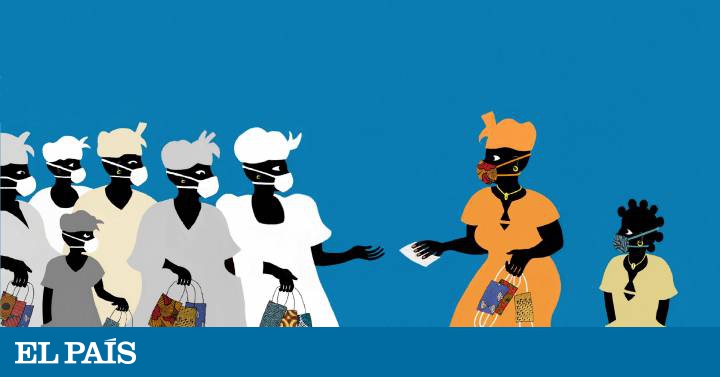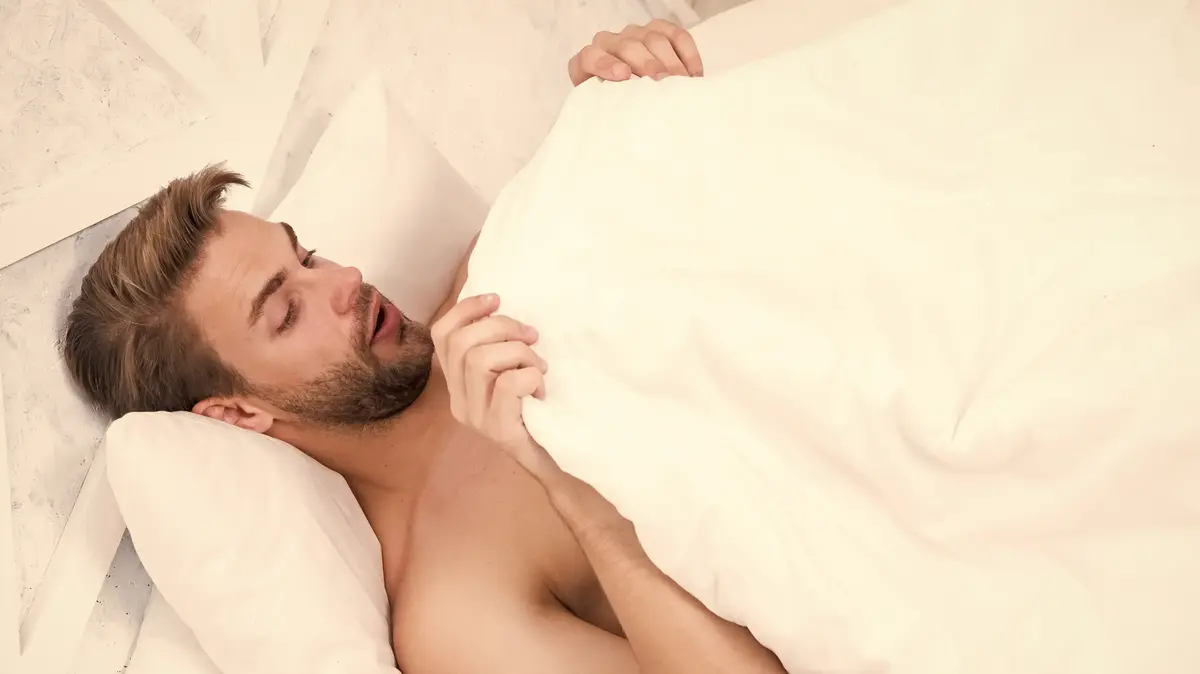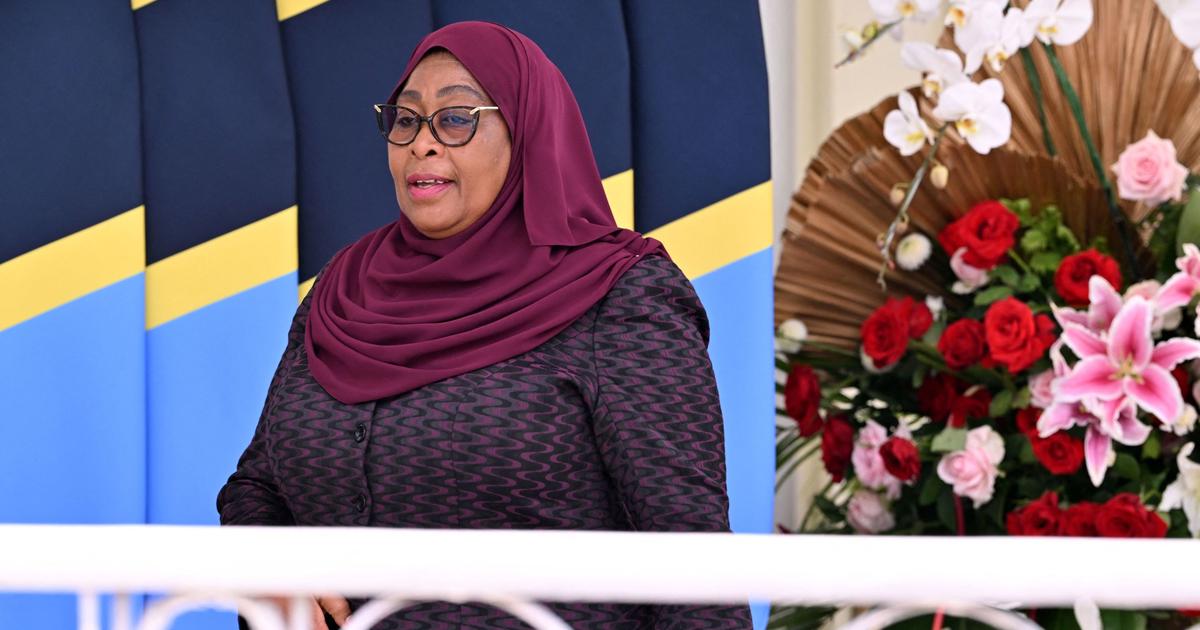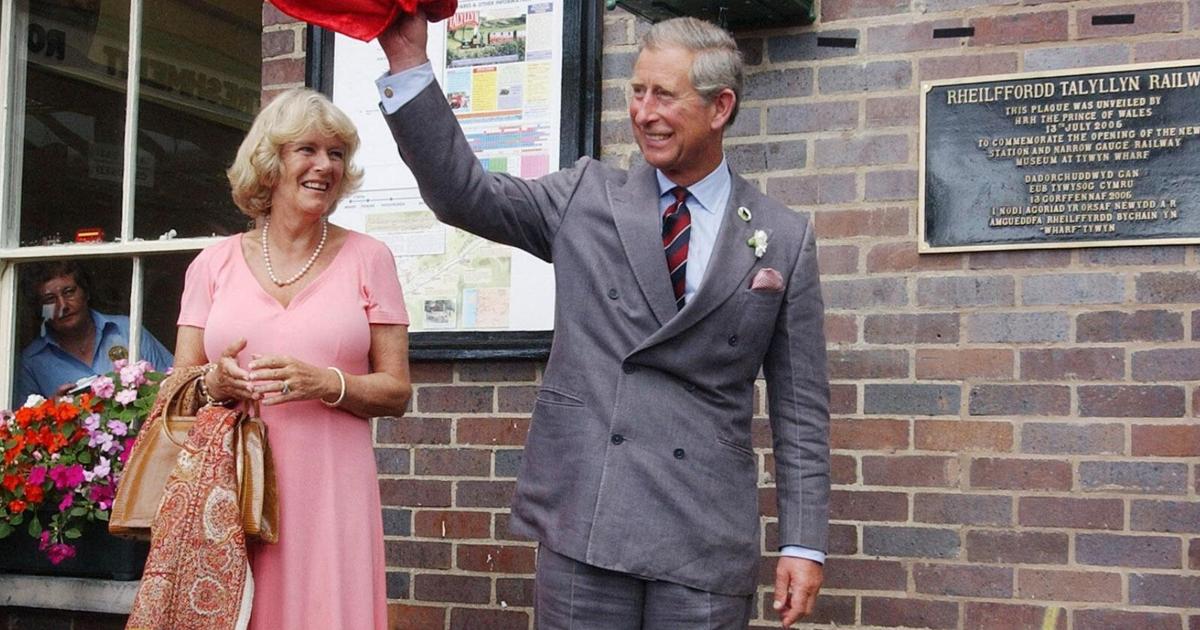1 My family in Senegal is very large, I have cousins, nephews, uncles, grandmothers ...
2Here we are my father Tierno, my mother Mati, my brother Omar, and I who am Rokia, before the covid-19 arrived, when we went to the beach on Sundays.
Very close together.
3Now we can no longer go to the beach, they are closed to the public.
And my dad had to sell the motorcycle to pay the rent for the house and feed the whole family.
My parents were out of work.
And my brother and I studied from home, because the schools closed.
This epidemic has changed everything.
4My dad is a welder and aluminum carpenter, he makes doors, windows and structures of all kinds.
Before, he worked a lot with his colleagues, but since the coronavirus arrived, he has no job.
My dad seems concerned.
5My mother has a sewing workshop, she makes tailored clothes and very beautiful dresses.
But with the epidemic, people hardly ever buy clothes.
My mom is very thoughtful looking for a solution.
6Today our uncle Bouba takes care of us.
He has taken us to a soccer game, he wants to be a professional footballer.
But a few minutes after starting to play, the authorities have suspended the match, to comply with health measures and prevent the spread of the virus.
Now our uncle trains in the backyard.
7There has been no tap water in our house for days.
8Every morning my mother and I go to the nearest well to fetch water.
9My mother says that the water in this well is not very clean and we must boil it before using it to avoid getting infections.
There are always a lot of women queuing.
While we wait for our turn, I ask a thousand questions: Mom, what is covid-19?
Where does it come from?
When will the school open?
10Mom, what can we do to avoid getting infected?
My daughter, they say we have to stay home, wear masks, keep a distance between us, clean our hands frequently, and avoid shaking hands to say hello.
And that you have to study at home with the internet.
11Will we do all that, Mom?
It is complicated daughter, because we are very large families, we live in small houses that do not have running water.
And furthermore, we cannot sit idly by, we have to work every day to feed our families.
And the truth is, I don't know how you are going to study at home if we don't have internet.
Mom, then are we going to catch it?
Will we have to go to the hospital?
And how are we going to study without internet?
How long before we can get water?
Mom! Are you tired? ...
12Our grandfather Seydu has not been feeling well for a few days.
You have a cough, fever, and chills.
My mother accompanied him to the hospital.
13 Doctors have said that he has malaria, and he must take some medicines and rest.
The whole family, brothers, uncles, cousins have given a little money and together they have been able to buy grandfather's medicines.
Mom, what is malaria? Why are medicines so expensive?
14Today my mother wants to cook “Yassaau poisson” a traditional Senegalese dish, which includes rice, onion sauce and fish.
We have gone to the market to buy, there are many people and we have to queue.
15When our turn finally came, there was hardly any fish left, and the price of onions and rice was very expensive.
My mother says that food is now scarce and the price has risen because of the epidemic.
Despite all the setbacks, my mom managed to prepare a delicious meal with very few ingredients.
16 Today is a great day !!
We finally go back to classes, after many months without school.
My brother and I have reunited with our friends.
17At school, we must strictly follow all sanitary rules: wash our hands before entering class, keep a distance between us, always wear a mask, and we must not share our water bottle or snack.
18My dad and my assistant brother have worked for several weeks building a sink for our school, they have created it with recycled material.
It is a metal structure that allows you to wash your hands, using only your feet.
Teachers say it is a very useful invention for achieving hygiene and preventing transmission.
My dad is very happy because in addition to having orders to make many more sinks and earn his salary, he is helping to prevent the spread of the virus.
19My mom has told me that the women in the neighborhood are exhausted by the epidemic.
Husbands without work do not contribute money to families and they continue to work tirelessly.
To cope with this situation, they have organized into a women's association to help each other.
My mom has made some very pretty masks with patterns to match the dresses.
Now he receives many orders and does not stop working.
A part of the money she has earned has been given to the association to improve the economic situation of other women.
Mom, why are you women always working?
20 Today is Sunday, we cannot go to the beach like we did before.
We have gone to the bakery to buy bread and delicious cakes to take to my maternal grandmother.
At the door of the bakery there is always our friend Babacar, a Talibé boy who spends his life on the street.
My brother and I have given him masks so that he and his friends can protect themselves from the virus.
My mom gave him a loaf of hot bread for his breakfast.
Babacar has given us a million thanks and looking up at the sky he wished: may luck be with you!
Mom, why are there children like Babacar who live on the street?
21Afterwards we went to visit our grandmother Aminata, who lives on the outskirts of the city.
My grandmother is a very wise woman and she always has answers to all my questions.
Grandma, are we poor?
No Rokia, we are not poor.
What happens is that we have no money.
There are people who are so poor, so poor, so poor ... that they only have money.
Poor are those who never have in mind to help others.
Those are the real poor.
22During the ride back to the city, my mom says that the COVID-19 epidemic is an opportunity for us to be better people and help each other.
And to all my questions he answers;
“Suñugaal”, which in our Wolof language means something like ... that we have to be united, because we are all in the same boat.
Now my brother and I are more aware and we value much more what seemed normal to us before, like going to school or playing in the street with friends ... Mom, do you think that from now on, we will be more supportive?
23'ROKIA 'is a publication produced with the financial support of the Generalitat Valenciana and the Andalusian Agency for International Development Cooperation.
Produced by Fundación MUSOL, with graphic design by Pau Caracuel and graphic details by Elisa Armas.
Available in Spanish, French and Valencian.
The coronavirus in Africa explained by a girl
2021-01-31T02:34:50.711Z

'Rokia' is the story and name of a Senegalese woman who asks everything and wants to show the world how her life and that of her family has been altered by covid-19. A beautiful MUSOL Foundation publication that encourages reading and helps to make Africa and the Sustainable Development Goals known











/cloudfront-eu-central-1.images.arcpublishing.com/prisa/KMEYMJKESBAZBE4MRBAM4TGHIQ.jpg)


